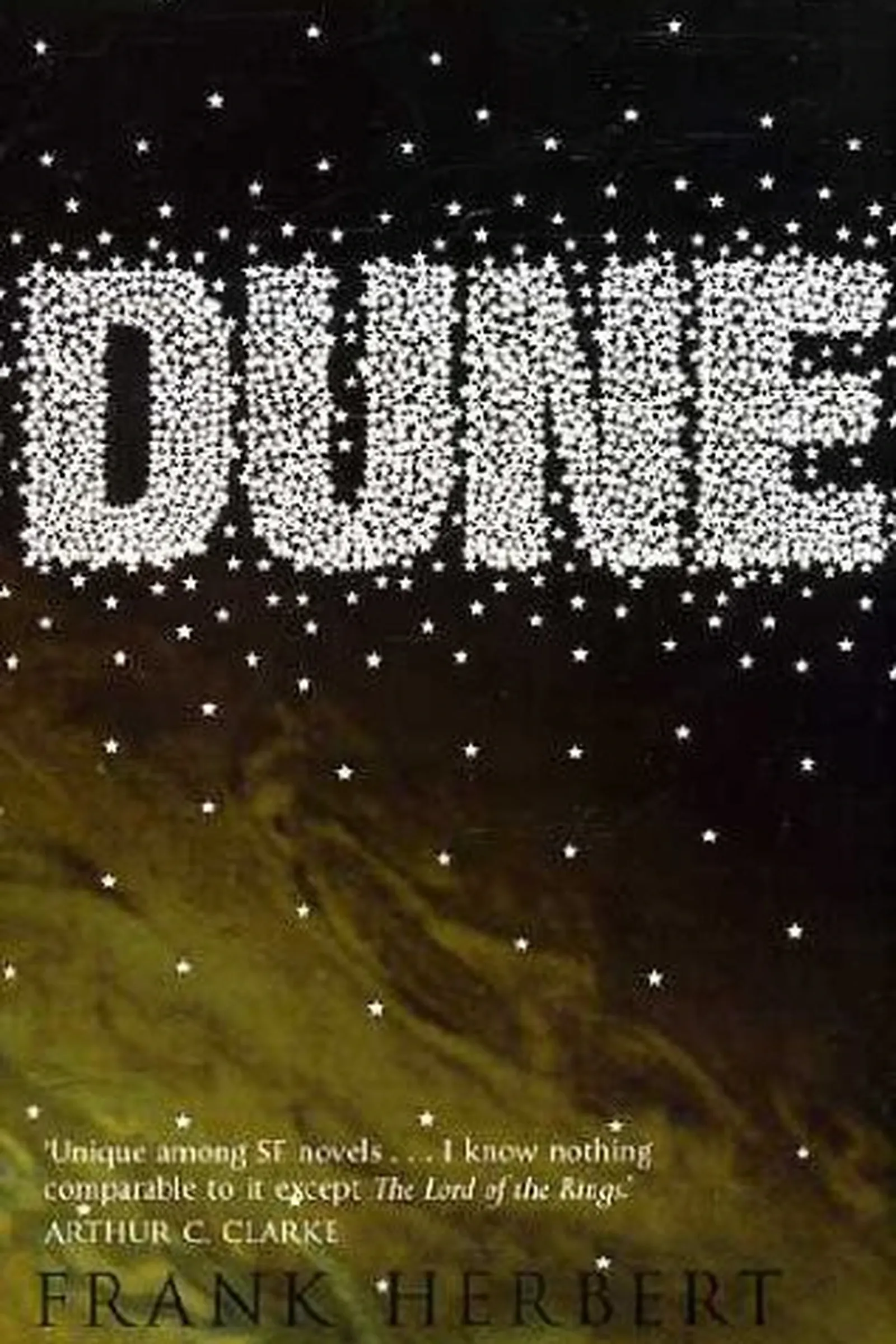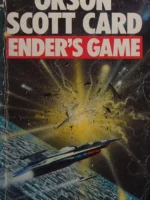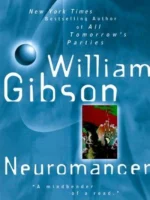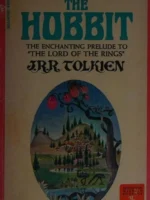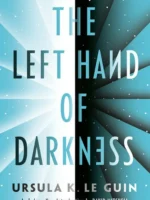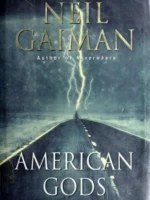Dune, Frank Herbert, 1965
- Author: Frank Herbert
- Genre: Sci-Fi/Fantasy
- Publisher: Ace Books
- Publication Year: 1965
- Pages: 688
- Format: Paperback
- Language: English
- ISBN: 978-0441172719
- Rating: 4,3 ★★★★★
Dune Review
About
Published in 1965, Frank Herbert’s Dune is one of the defining works of science fiction—part epic adventure, part political allegory, part ecological prophecy. Set on the desert planet Arrakis, it explores power, religion, and survival through an astonishingly detailed universe. Herbert’s storytelling is dense and philosophical, yet thrilling; it’s the rare book that feels both ancient and futuristic at once.
Overview
The novel follows Paul Atreides, heir to House Atreides, as his family takes control of Arrakis—the only source of “spice,” the most valuable substance in the galaxy. When betrayal leaves his house in ruins, Paul flees into the desert and joins the Fremen, a fierce, secretive people adapted to the planet’s harsh environment. What begins as revenge becomes destiny: Paul’s journey leads him toward messianic power and the burden of prophecy. Herbert balances political intrigue with spiritual speculation, showing how charisma and faith can reshape civilization—and destroy it.
Summary
(light spoilers) The Atreides family’s arrival on Arrakis is a trap set by their rivals, the Harkonnens, with imperial backing. After his father’s assassination, Paul escapes with his mother, Lady Jessica, into the desert. There, among the Fremen, he learns their ways and begins to realize his role as the prophesied Mahdi. As spice visions blur time and identity, Paul sees both triumph and tragedy in his future. When he leads the Fremen in a rebellion that topples empires, he achieves vengeance—but at the cost of peace. Herbert closes the novel on an uneasy note: power has been won, but destiny’s price is only beginning. The hero becomes the seed of future chaos.
Key Themes / Main Ideas
• Ecology and survival — nature as both resource and sacred system.
• Power and religion — messianic leadership as both salvation and control.
• Colonialism — outsiders exploiting native worlds and cultures.
• Fate and prophecy — vision as both gift and curse.
• Human evolution — adaptability as the truest strength.
Strengths and Weaknesses
• Strengths — Monumental world-building, intricate politics, and philosophical weight that rewards rereading.
• Strengths — Paul’s arc is mythic yet intimate; the desert setting feels alive and symbolic.
• Weaknesses — Dense exposition and invented terms can intimidate newcomers.
• Weaknesses — Female characters serve archetypal roles, though Herbert hints at deeper influence beneath the surface.
Reviewed with focus on themes, audience, and takeaways — Frank Herbert
| pa_author | Frank Herbert |
|---|---|
| ISBN | 978-0-531-31954-3 |
| pa_year | 1997 |
| Pages | 574 |
| Language | English |

